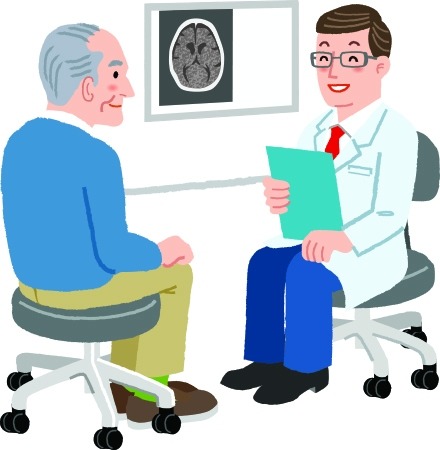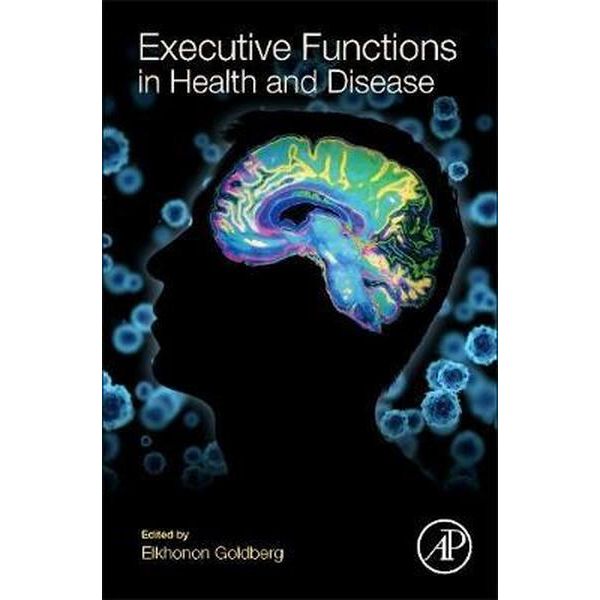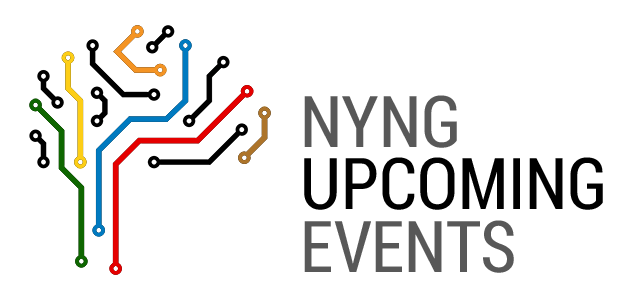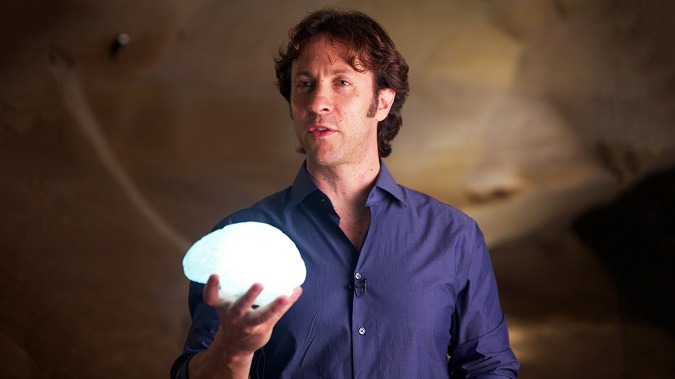Posts Tagged ‘neuropsychologists’
Executive Functions and Dysfunction in Brain Health and Brain Disorders: Dates announced for Dr. Elkhonon Goldberg’s Symposium in Costa Rica
We are pleased to announce a fantastic 5‑day professional development opportunity featuring our Advisor and renowned author and neuropsychologist Elkhonon Goldberg, Ph.D., ABPP., and titled “Executive Functions and Dysfunction in Brain Health and Brain Disorders. Frontal Lobes, Distributed Networks, and the Whole Brain.” The information presented will aid practitioners and researchers alike in advancing their knowledge…
Read MoreTo screen, or not to screen (for dementia), that is still the question
A leading group of medical experts on Tuesday declined to endorse cognitive screening for older adults, fueling a debate that has simmered for years. The U.S. Preventive Services Task Force said it could neither recommend nor oppose cognitive screening, citing insufficient scientific evidence of the practice’s benefits and harms and calling for further studies. The task…
Read MoreExecutive Functions in Health and Disease: New book to help integrate Cognitive Neuroscience and Neuropsychology
__________ Neuroscience used to be the monopoly of a few elite universities located in a handful of countries. Neuropsychology used to be a quaint niche discipline relatively unconnected to the larger world of neuroscience and content in its methods with paper-and-pencil tests.
Read More5 trends shaping the future of brain enhancement and neuropsychology
Five reasons the future of brain enhancement is digital, pervasive and (hopefully) bright from SharpBrains Presentation by Alvaro Fernandez at the New York Neuropsychology Group (NYNG) 2017 Annual Spring Conference. Description: Hundreds of companies around the globe–now including Elon Musk’s Neuralink and even Facebook–are researching and developing new ways to help brain owners be smarter,…
Read MoreMay 6th, New York City: Anticipating and Shaping the Neuropsychology of the Future
Heads-up about an upcoming joint meeting by the New York Neuropsychology Group and the Psychology Section of the New York Academy of Sciences. What: Neuropsychology of the future and how we can prepare for it today When: Saturday May 6th, 2017, 10 am – 1 pm Where: Podell Auditorium in Bernstein Pavilion, Mount Sinai Beth Israel 10…
Read MoreTrend: Mobile, data-rich apps to monitor and promote neurocognitive health
—– BrainCheck raises $3 million for app to monitor brain health (TechCrunch): “A Houston-based startup called BrainCheck has raised $3 million in seed funding for an app that helps users understand, by simply playing some games on an iPad, if they or a loved one may have suffered a concussion.
Read More




